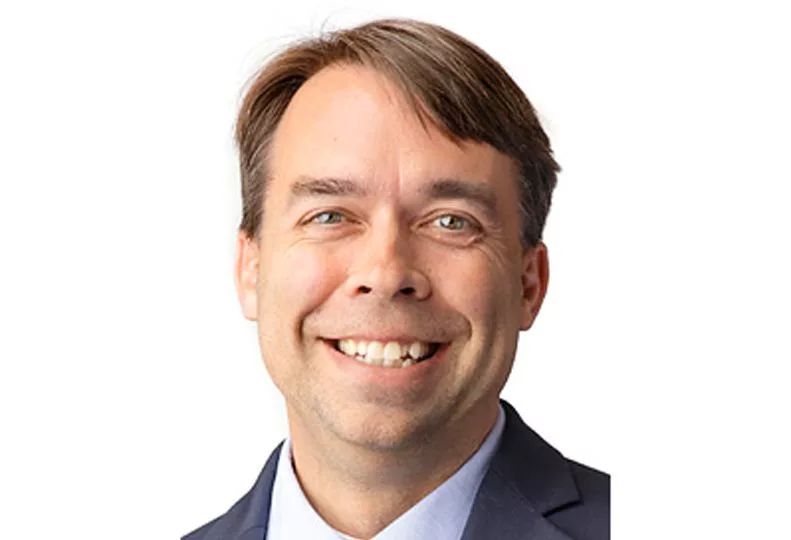Social capital drives fund for response to COVID-19
Over $2 million raised for community groups through month of April

We were lost. Not dangerously lost, but definitely turned around and off-course. During the third day of a 50-mile backpack trip with my son’s Scout troop, we broke camp and unknowingly started following a ridgeline that led away from our planned route. I have not felt that disoriented in some time – searching for markers and familiar signs of where we had been until we got back on track.
During the weeks since the COVID-19 outbreak in our community, I have felt similarly unsettled and turned around. Like me, you are likely wondering about how both individually and collectively we can navigate a path forward in this uncertain time.
While we don’t know for certain how long this pandemic will last, we do know that a strong, resilient community is best equipped to withstand and recover from a widespread and shared crisis. Just like our hiking group needed to work together to return to the trail, community partners will need to take collective action to find our way out of this public health emergency.
When this virus reached our region, community funders in Spokane joined together to create a COVID-19 Community Response and Recovery Fund for Eastern Washington. Empire Health Foundation, Innovia Foundation, and Spokane County United Way took the lead in establishing the fund and bringing a diverse set of partners to the table to determine the community response. A similar fund was set up in northern Idaho with lead partnerships from Avista Foundation and Lewis-Clark Valley Hospital Foundation.
As of late April, over $2 million has been raised for community groups and nonprofits addressing urgent needs in Eastern Washington and northern Idaho, with contributions from Avista Foundation, Ballmer Group, BECU, Better Health Together, Bill & Melinda Gates Foundation, BNSF Railway Foundation, Community Building Foundation, Delta Dental of Washington, Empire Health Foundation, Equinox Foundation, Health Sciences and Services Authority of Spokane County, Innovia Foundation, Itron Inc., Lewis-Clark Valley Healthcare Foundation, MultiCare Health System, M.J. Murdock Charitable Trust, Perigee Fund, Premera Blue Cross, Providence Health Care, Spokane County United Way, Umpqua Bank, Wells Fargo Foundation, Women Helping Women Fund, and others.
How did so many organizations come together so quickly to raise this level of funding for community response? Certainly, the magnitude of this crisis created a sense of urgency. But coordinated action could only be cemented through social capital, with connections built over time. These partners worked together in the past on joint initiatives and projects. They knew what to expect from each other and where organizational strengths could be deployed effectively.
The partners are committed to supporting both a rapid response and long-term recovery. And the funders recognized that a fair, transparent, and equitable process would be necessary to deploy these dollars where they were needed most in the community.
To that end, regional advisory committees with members from various organizations were used to identify needs of communities throughout Eastern Washington and Northern Idaho. Based on recommendations from committee members, nearly $800,000 was distributed to 138 nonprofits for the first phase of this response effort.
This level of community support and coordination wouldn’t have been possible without connections between multiple partners working together toward a common goal. Community recovery is work that cannot be done alone.
In the weeks and months ahead, it will be necessary to work in circles that are both familiar and new to create and maintain relationships, grow social capital, and strengthen our community. The philanthropic response to COVID-19 in Spokane will continue to rely on the power of collaboration to move us out of the woods and into a better future.
We need the leadership, partnership, and generosity of our entire community to ensure our region emerges from this pandemic as a stronger community. Please contact us to learn more about how you can join the community COVID-19 response and recovery effort.
Mason Burley is director of community impact at Innovia Foundation. He can be reached at 509.624.2606 or [email protected].
Related Articles
Related Products

_c.webp?t=1763626051)

_web.webp?t=1764835652)
